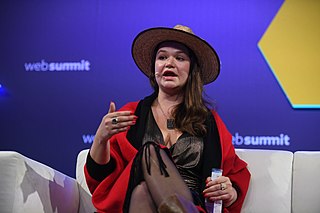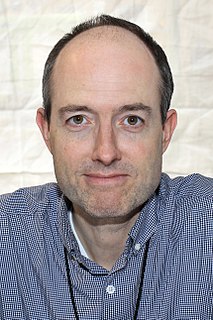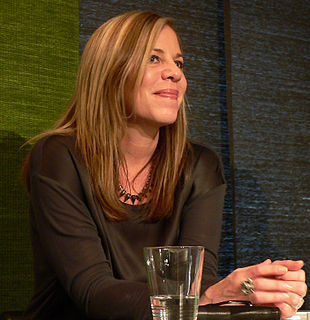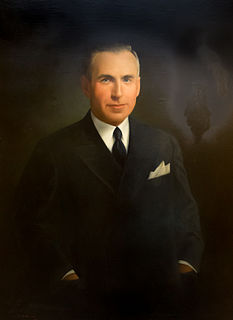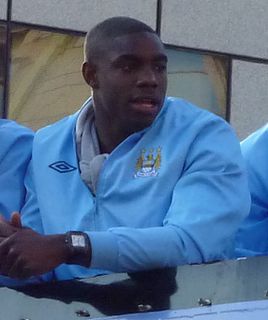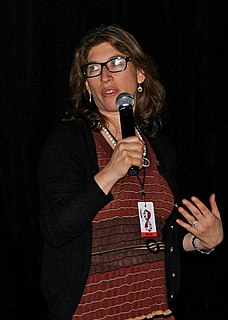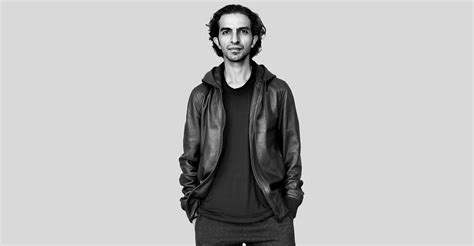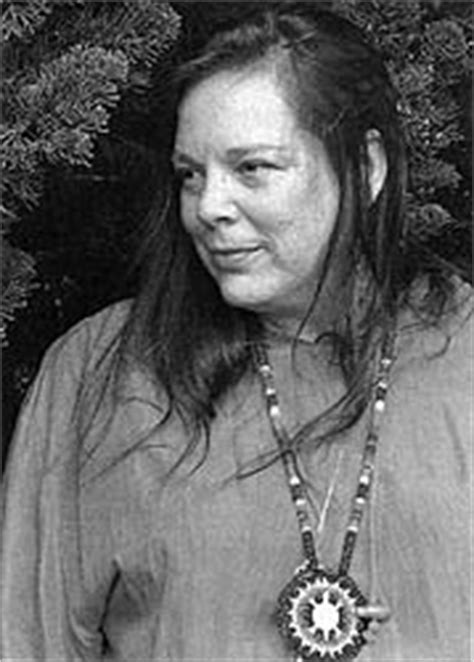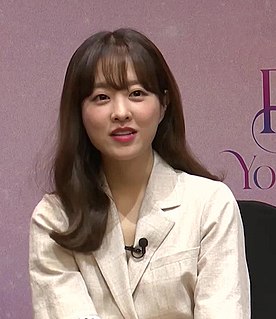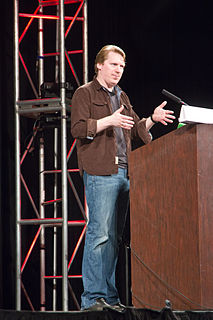A Quote by Brittany Kaiser
To be honest, it's hard when you're knee-deep in the trenches of an industry to see it how others see it.
Related Quotes
You have to expose part of yourself to create a character deep enough for readers to care about. You try not to because it's hard and at times shameful, but then when you read those pages over and you see they have no life to them so you throw them away and force yourself to be more honest. So I suppose the answer is I see myself in all my characters, in their best moments and in their worst.
When we see the need for deep change, we usually see it as something that needs to take place in someone else. In our roles of authority, such as parent, teacher, or boss, we are particularly quick to direct others to change. Such directives often fail, and we respond to the resistance by increasing our efforts. The power struggle that follows seldom results in change or brings about excellence. One of the most important insights about the need to bring about deep change in others has to do with where deep change actually starts.
Digital has really made the fashion industry a lot more transparent. So people can see and understand how the industry really works, and participate in an industry that was very inaccessible to people. The only thing that people used to see before was the end product. Anyone can participate in it now.
